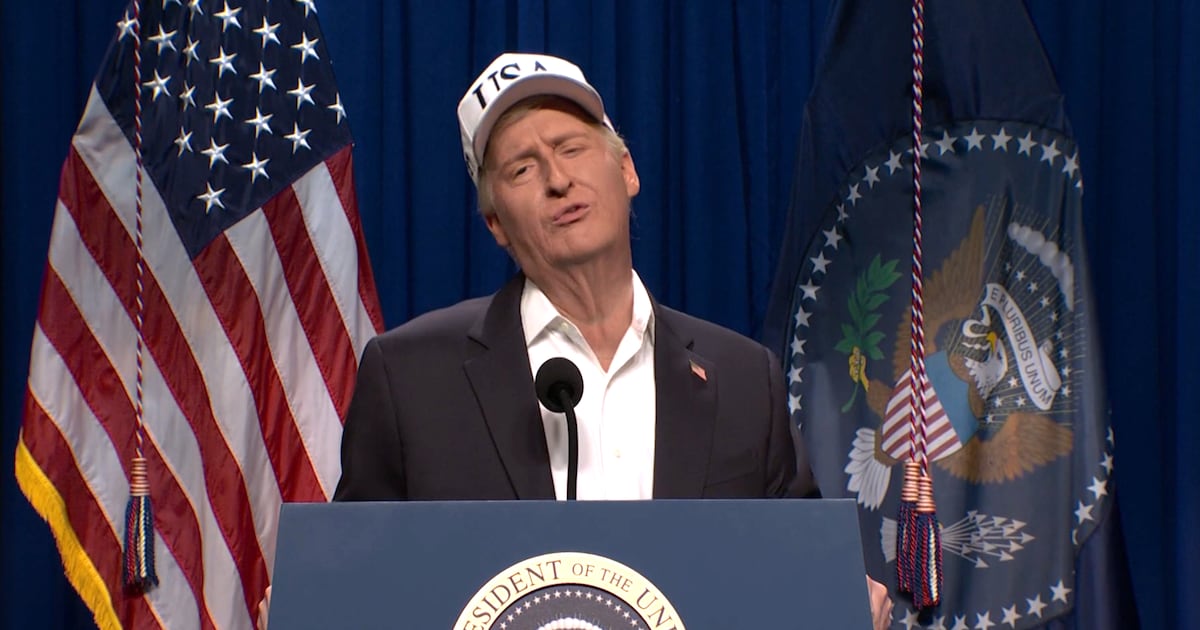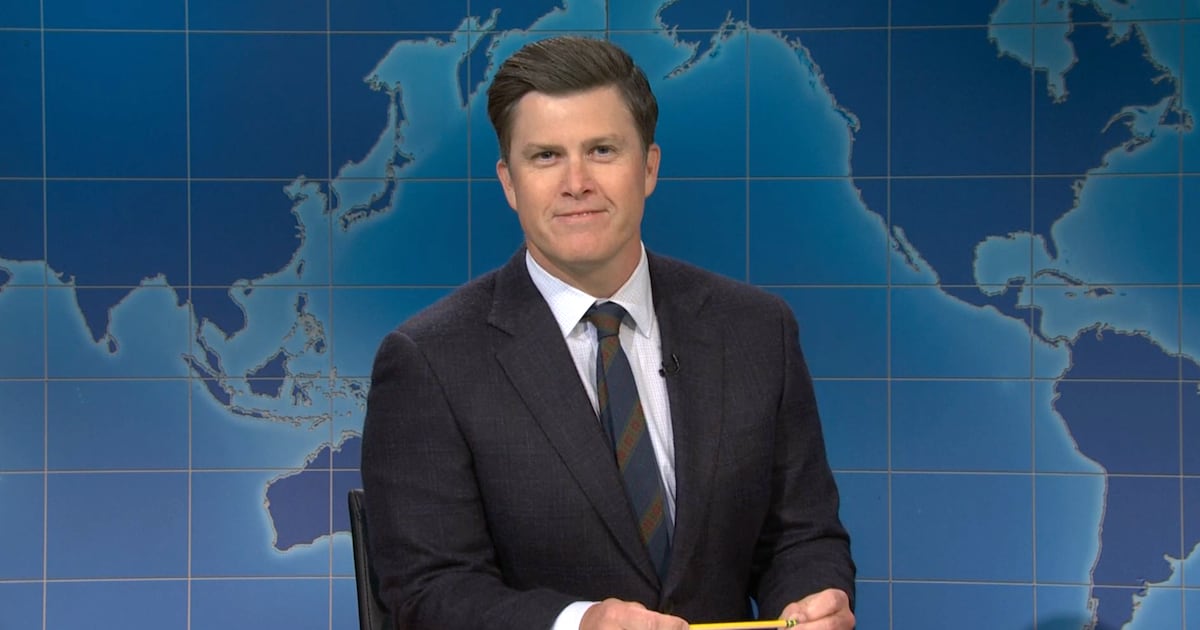Netflix has had a rough go of it lately, dropping $50 billion in market value in April when it divulged that it had lost 200,000 subscribers in the first quarter of 2022, and then announcing this week that it had bled an additional 970,000 subscribers in the second quarter—a hit that was actually cast in a positive light, since it was less than the streaming service’s own projections. All is not sunshine and roses at the 21st-century entertainment giant, although it’s aiming to turn things around beginning this weekend with The Gray Man, Joe and Anthony Russo’s spy-vs-spy saga in which Ryan Gosling’s rogue CIA agent does battle against Chris Evans’ sociopathic mercenary. The most expensive production in the company’s history (with a reported $200 million price tag), it’s Netflix’s biggest gamble to date on creating a genuine action blockbuster—and, with it, a lucrative franchise.
Netflix shouldn’t get their hopes up. Premiering online July 22 (following an earlier theatrical run), The Gray Man executes its mission with workmanlike competence but a frustrating lack of larger-than-life flair; its mayhem rarely pops in the way that crowd-pleasing events should, despite a wealth of globe-trotting locales, enormous set pieces, and Chris Evans’ charismatically evil turn. Swinging for the fences, it winds up as a double rather than a home run, which makes it yet another Netflix action tentpole that falls short of greatness.
Over the past three years, the company has worked diligently to concoct a slam-bang sensation on par with Marvel’s reliable smashes (or a phenomenon such as Tom Cruise’s recent Top Gun: Maverick), only to come up with efforts that feel more like approximations than originals. For an industry titan that so frequently leads the way, Netflix has generally flopped hard when it comes to the most aggro of cinematic genres.
Since 2019, Netflix’s action track record is decidedly spotty, courtesy of films that, on a creative level, underwhelmed or outright fizzled, including Triple Frontier, Spenser Confidential, Gunpowder Milkshake, Kate, Beckett, The Man from Toronto, Spiderhead, The Adam Project, Red Notice, and Extraction. While the last three of those were apparently hits, as was The Old Guard—evidenced by the fact that they’re all receiving sequels (except for The Adam Project)—none became water cooler-style breakouts that made any dent in the wider pop-culture conversation. They’re dutiful programmers that vanish from memory almost as soon as the credits roll, incapable of delivering either massive, adrenalized excitement or stripped-down, rugged thrills. Whether expensive A-list undertakings or lean B-movie ventures, they are, more often than not, ho-hum at best, and risible at worst.
Some of this is simply the result of hiring the right stars (Dwayne Johnson, Ben Affleck, Gal Gadot, Ryan Reynolds, Oscar Isaac, Chris Hemsworth) and then producing the wrong projects. Yet baked into that failure seems to be something more fundamental. Netflix has had tremendous success in the dramatic field by affording auteurs relative carte blanche, be it Martin Scorsese with The Irishman, Alfonso Cuarón with Roma, Jane Campion with The Power of the Dog, Noah Baumbach with Marriage Story, Maggie Gyllenhaal with The Lost Daughter, Rebecca Hall with Passing, Paolo Sorrentino with The Hand of God, Lin-Manuel Miranda with Tick, Tick... Boom! or, ostensibly, Andrew Dominik with the upcoming Blonde. That strategy has earned accolades and Academy Award nominations (and wins) to a degree that suggests providing real artists with resources and autonomy is a winning formula. However, with regard to blockbusters, the opposite has been true—given millions (if not hundreds of millions) to go gonzo to their heart’s delight, the majority of Netflix’s action directors (Rawson Marshall Thurber, Shawn Levy, Peter Berg) have fashioned flat, personality-deficient snoozes.
The prime exception to that rule is Michael Bay, whose 6 Underground came and went without a peep in late 2019 even though, on a technical level, it was as gloriously excessive as anything he’s done. Three years later, Bay’s Ryan Reynolds-headlined extravaganza continues to feel like a casualty of poor marketing, i.e., Netflix failing to promote its original material both in the press and on its own homepage, more than an artistic miscalculation. Nonetheless, its underperformance further implies that Netflix needs to treat action differently than drama, exerting more stringent quality control over its productions in order to make sure that they’re not flailing about in haphazard directions. In other words, no one needed to look over Scorsese’s or Campion’s shoulders, but perhaps a bit more of that would have done a Red Notice or a Spenser Confidential some good—a tack that Marvel takes, to the tune of untold billions, on all its outsized CGI-ified endeavors.
Of course, Marvel’s neuter-the-director, assembly-line approach to moviemaking rarely begets masterpieces (and has recently led to a few serious missteps of its own). Still, it has helped the comic-book giant ascend to the apex of the industry, all while avoiding the sorts of action-adventure duds that Netflix all too regularly churns out. Its latest, The Gray Man, will likely satisfy many but wow few. And in light of the Russos’ past Marvel triumphs with Captain America: The Winter Soldier and Avengers: Endgame, it’s difficult not to wonder if the difference between the two companies’ fortunes is the measure of freedom Netflix affords its action directors, to their detriment.





